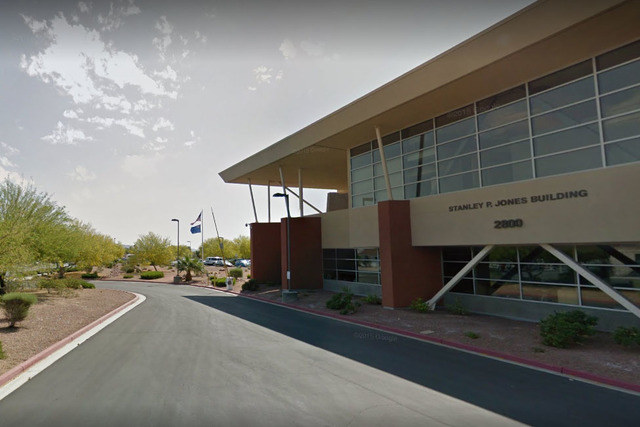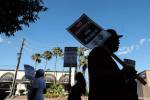No change advised in 2017 tax on employers for jobless benefits
CARSON CITY — The Nevada Employment Security Council on Monday recommended no change in 2017 to tax rates employers pay to fund jobless benefits, but employers will still pay a little more because of the wage base on which the tax is based.
The average rate was recommended to stay at 1.95 percent. In addition, employers also pay 0.05 percent for job training programs and 0.63 percent to finance bonds Nevada sold to meet its unemployment insurance obligations during the recession, bringing the total average rate to 2.63 percent.
About 68,000 employers pay the tax, which next year will be based on annual wages of $29,500, up from $28,200 currently. That increase will cost employers about $37 more per employee annually, with the average cost rising to $776 from $739.
The tax rates vary by company and are based on an employer’s track record with unemployment insurance. They range from 0.25 percent to 5.4 percent.
Economists with the Department of Employment, Training and Rehabilitation said Nevada’s improving economy and job growth since the recession has enabled the state to rebuild its unemployment insurance trust fund reserves to more than $600 million.
The trust fund is used to pay unemployment benefits for workers who lose their jobs. Before the recession, Nevada had a healthy surplus of $800 million. But when the recession hit, that reserve was quickly drained and the state was forced to borrow from the federal government to meet its obligations.
In November 2013, the state financed $592 million in bonds to repay the federal government. Nevada expects to pay off that debt by late 2017 — about six months earlier than anticipated.
Bill Anderson, chief economist, said Nevada has added 190,000 jobs over the last six years and now has recouped all the losses it suffered during the Great Recession.
“The nice thing about this recovery, it is relatively broad-based,” Anderson said, noting most sectors with exception of mining have rebounded, positioning the state to better weather future economic downturns.
Additionally, he said average wages are trending up and reached a new high of $875 weekly.
Another economist, David Schmidt, added that initial claims for unemployment benefits are down to about 2,500 per week — comparable to levels during Nevada’s boom years and far below recession levels that peaked at around 8,000 per week.
Renee Olson, Employment Security Division administrator, said the agency’s goal is to continue to build solvency in the trust fund. After the bond is paid off, there may be room to give employers “a break” on the tax rate, she said.
Public hearings and workshops on the proposed rates will be held in the coming weeks. Olson will take final action on the council’s recommendation in December.




























